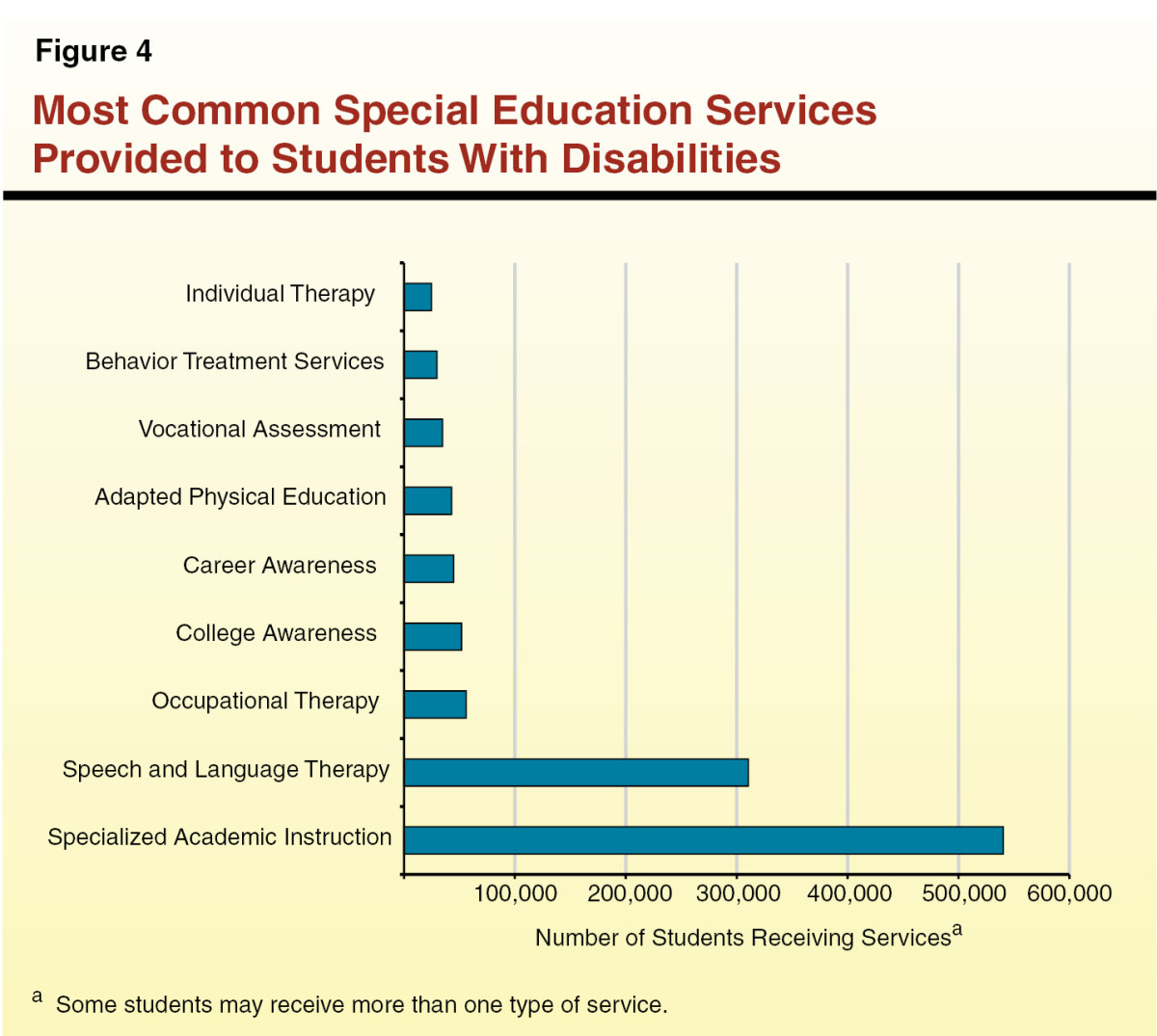How To Become A Teaching Assistant
Guide a child towards a brighter future

Your Life Experience
Before I explain how to become a teaching assistant and the different routes into the profession, I think it’s important to note that a lot of support staff don't actually have a background in education.
Interestingly, many learning support staff are actually hired because of their different professional or academic background. This is primarily for two reasons for this; firstly, hiring staff who are predominantly new to education allows a school to mold that person into the professional they require. Each school has different behavior management strategies, reward strategies and teaching strategies and it's easier to imprint these strategies onto somebody who has very little, if any, exposure to other schools practices. Secondly, whilst teachers are restricted to teaching in the classroom, support staff can be used across the school in different ways and thus their different skills can be utilized to enhance the school. For example, if a staff member has a background in media production or theater, then that staff member is likely to be involved in many of the schools theatrical productions. So it is possible to secure a role as support staff without experience if your skill set can elevate the school.
When thinking about a career in learning support, try to think of a few reasons your background could make you a valuable part of a school and then use that as a means to make yourself stand out from the crowd when you’re applying for a job.
Exploring how to Become a Teaching Assistant
As mentioned, there are two predominant paths you can follow when you’re exploring how to become a learning support assistant. Either:
- Study for a relevant qualification
- Volunteer in a school
Whilst it’s useful to combine both of those different methods, it is also extremely possible that you can find a job in learning support by following either path. It's worth noting that studying on a course will require you to undertake a placement in a school for a short duration of time, so experience will be gained whilst studying.
An invaluable book when learning how to become a Teaching Assistant

Educational Support Courses
When thinking about a career in education, it's important to note that there are a variety of courses which can significantly improve a candidates chances of employment.
The array of learning support courses is vast but the most popular courses are the Teaching Assistant Level 2 and Level 3 courses. Once enrolled, you will have to attend college on a weekly basis and also complete a placement with a school. You will have to complete coursework and an exam as part of the course and will be assessed by a tutor during your placement. The main difference between a qualification at Level 2 and Level 3 is that people who have completed Level 3 can cover a class if a teacher is absent whereas Level 2 support staff cannot.
When considering a career in education, it's important to consider what type of support assistant you to be. Aside from the Level 2 and 3 course, it's possible to enroll in more specialized courses where you will learn to support a child with a specific special educational need. These courses can enhance your employment opportunities because you can offer the school a specialized service. For instance, if you undertake a course entitled Supporting a Learner with Dyslexia in the Classroom, you would increase your employment chances by providing a school with the exact skills a child with dyslexia would need.
When looking for a learning support course to study, a good source of information is your local college or adult education provider. Ask the institution for a prospectus and make a list of the different courses they offer associated with education. Then identify which course is more likely to develop your career. They will provide in-depth information about each qualification and even if you decide not to study with them, you can develop an understanding of what course will suit your preferred career goal.
What do support staff do?
Funding for Support
When discussing a career in learning support, it's imperative to explain the role of a statement and the funding each statement provides a school. A child with an special educational need (SEN) can be given a statement for a set amount of hours per week i.e a child with dyslexia may receive a statement funding support for 16 hours a week. This means the government will then provide funding for the school to employ support worker to support that child for 16 hours. Ergo, understanding and studying about different special educational needs can help you become a learning support assistant by ensuring you have the necessary skill set to fulfill the role attached to an individual statement.
Support Staff Salary
Support Staff Level
| Salary
|
|---|---|
Level 2
| £11000 - £13000
|
Level 3
| £14000 - £16000
|
Level 4
| £18000 - £21000
|
The typical salary scale for support staff
How would you develop your career?
Which path would you be more likely to take?
Volunteering in a School
Volunteering in a school is incredibly beneficial to developing a career in education.
Firstly, by volunteering in a school you're developing the exact skills required to succeed in the industry and are constantly learning about the requirements and pressure of a career in education. Volunteering allows for flexibility to gain experience in different settings and with different children thus allowing you to develop an extremely versatile skill set.
Secondly, volunteering is a great way to network with other professionals in the field and to develop connections in education. As with most professions, the wider your network of contacts the higher your chances of finding employment within that industry.
Thirdly, as schools have a new intake of children each year, there's often an opening for new staff to help transition and support the new students. By volunteering in a school, not only are you showing immense dedication, but you're more likely to secure a role with that school when it arises because the staff and pupils already know your capabilities.
When seeking to develop a career in learning support, volunteering is an exceptional way to develop key contacts and gain invaluable experience whilst developing your own skills.
A wonderful companion for any school support staff
To Conclude
Hopefully now you’re more clear about how to become a teaching assistant and how to begin a career in education. It's important to recognize that education is an ever-evolving industry and that no two children are ever the same, so gaining as much experience and knowledge is important prior to securing a job in education.









